January 1, 2025 marks the 3rd anniversary of the Regional Comprehensive Economic Partnership (RCEP) Agreement coming into effect and being implemented.
 |
| By 2030, RCEP is expected to increase the income of member economies by 0.6%. (Source: China Daily) |
Over the past three years, RCEP has contributed to promoting regional cooperation and sharing common benefits.
According to Associate Professor Chaipong Pongpanich of Sasin School of Management at Chulalongkorn University (Thailand), ASEAN countries and China have complementary industries, and the implementation of RCEP brings great market opportunities for businesses in the region.
For example, with Thailand’s tropical fruits such as durian and mango gaining easier access to the Chinese market, Thai farmers are benefiting continuously. Meanwhile, Chinese electric vehicle companies are actively expanding their markets in Thailand, bringing advanced technology, promoting local employment, and helping Thailand form a more complete electric vehicle production chain.
"The implementation of RCEP makes cooperation between ASEAN countries and China closer," Mr. Chaipong Pongpanich emphasized.
However, the implementation of this agreement is facing a number of barriers, especially protectionism. In this regard, many opinions believe that protectionism and tariff barriers will reduce economic efficiency, disrupt the global trading system and bring risks to the economy as well as peace and stability in the world .
According to Mr. Andrew Robb, former Australian Minister of Trade, Investment and Tourism , protectionism has never been effective, although there are some views that protectionism will protect jobs, but in the end it hinders growth.
Sharing the same view, Remy Davison - senior lecturer in politics and international relations at Monash University (Australia) also said that the establishment of tariff barriers by some countries may seem to bring back some industrial production capacity, but in reality it will increase costs for businesses and consumers of that country, push up inflation and ultimately slow down world economic growth.
Chief economist Hidetoshi Tashiro of Infinity LLC (Japan) said that economies in the Asia-Pacific should cooperate with each other and demonstrate the success that free trade brings, thereby protecting the global trade order and building an open world economy.
Regarding development trends, research by the Asian Development Bank (ADB) shows that by 2030, RCEP is expected to increase the income of member economies by 0.6%, bringing 245 billion USD/year to the region's economic income and creating 2.8 million jobs.
In the context of economic globalization and multilateralism facing challenges and increasing uncertainties, the signing and implementation of RCEP will not only bring huge economic benefits to member countries, but also enhance the international community's confidence in multilateralism.
Unwavering support for openness and free trade will help economies progress through the unhindered flow of goods and services.
| RCEP includes 15 countries, including 10 member states of the Association of Southeast Asian Nations (ASEAN), along with leading partners China, Japan, South Korea, Australia and New Zealand. |
Source: https://baoquocte.vn/three-years-of-thuc-thi-rcep-tang-cuong-niem-tin-cua-cong-dong-quoc-te-vao-chu-nghi-da-phuong-299407.html











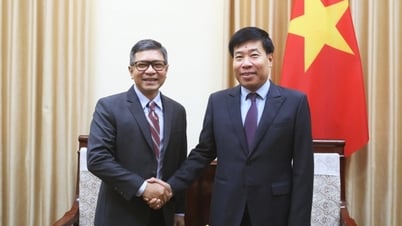
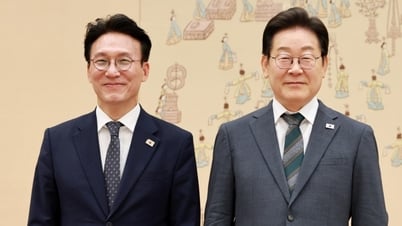
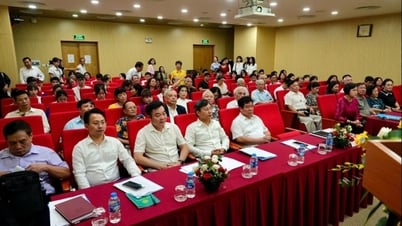





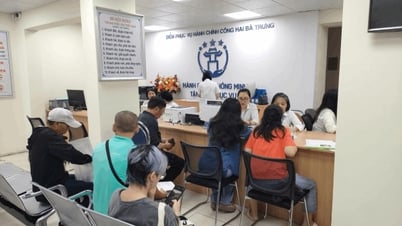
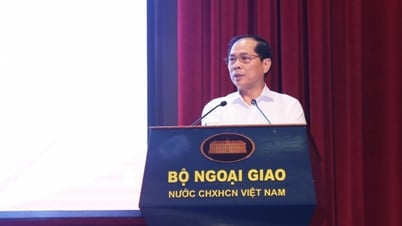













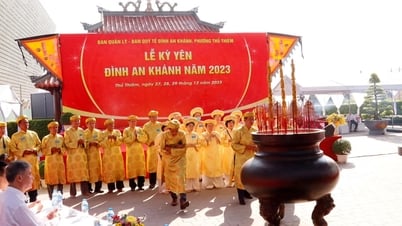







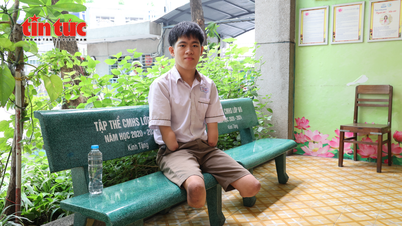





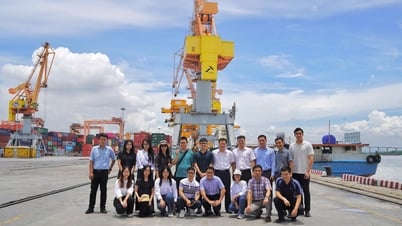


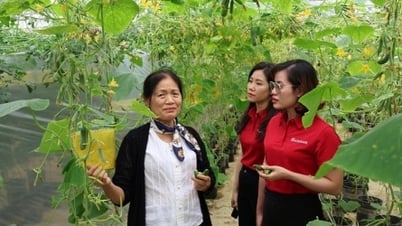

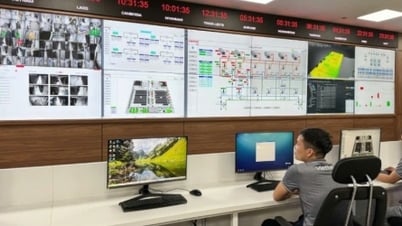
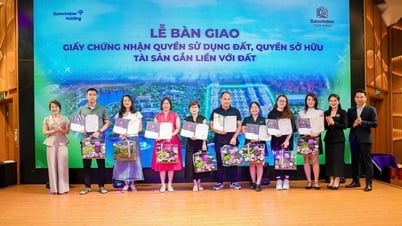


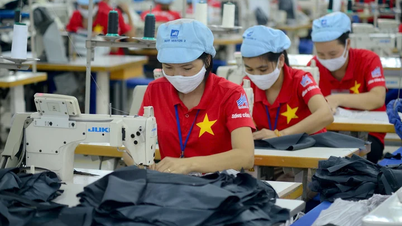










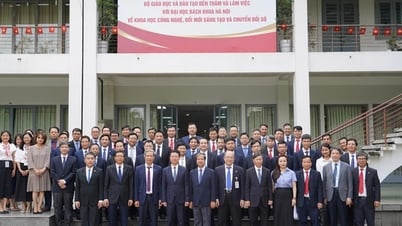

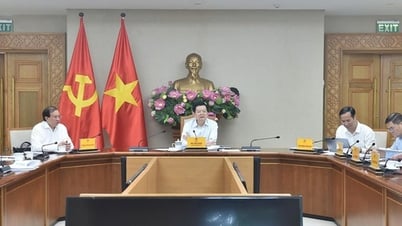


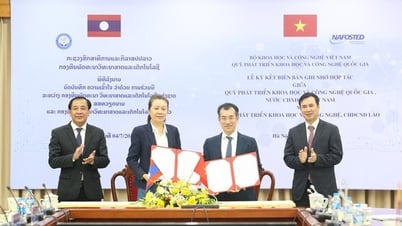
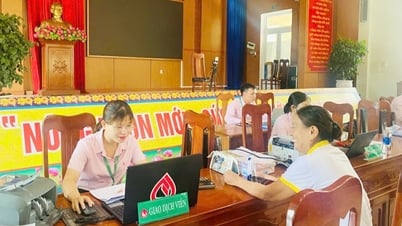





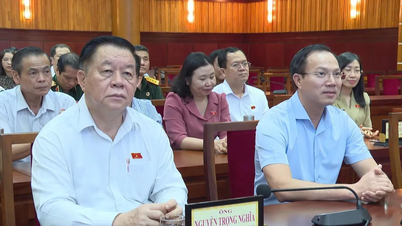

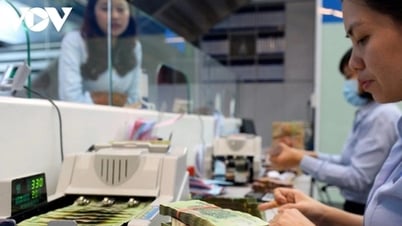



![[OCOP REVIEW] Bay Quyen sticky rice cake: A hometown specialty that has reached new heights thanks to its brand reputation](https://vphoto.vietnam.vn/thumb/402x226/vietnam/resource/IMAGE/2025/7/3/1a7e35c028bf46199ee1ec6b3ba0069e)







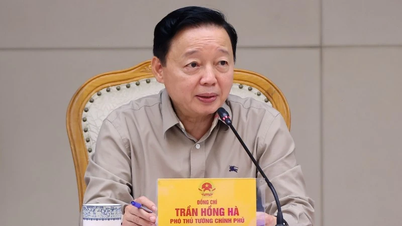


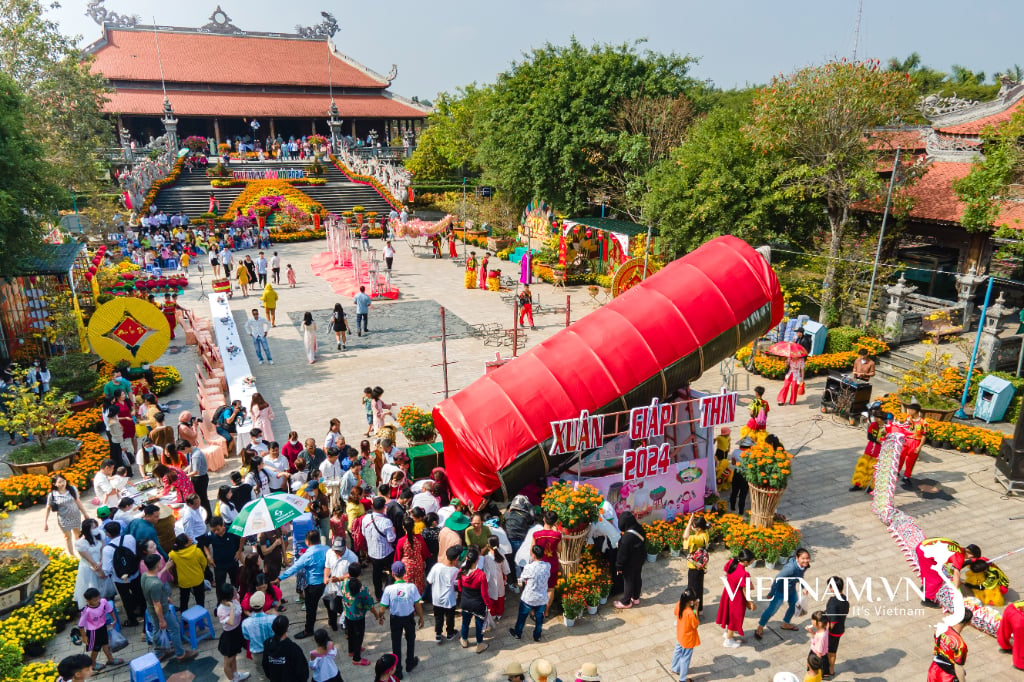
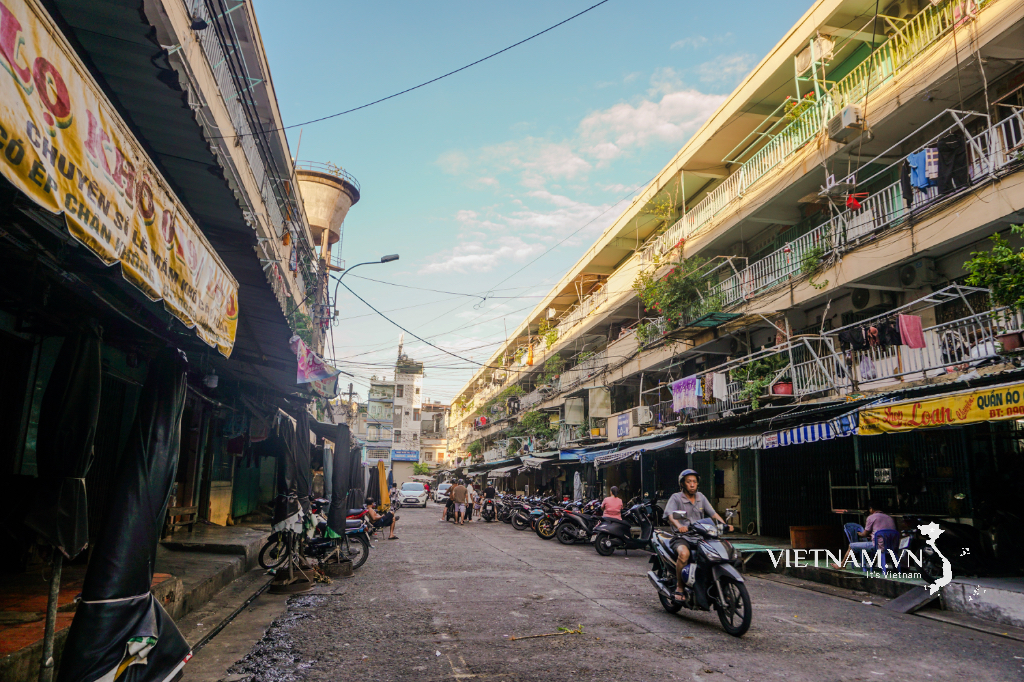

Comment (0)